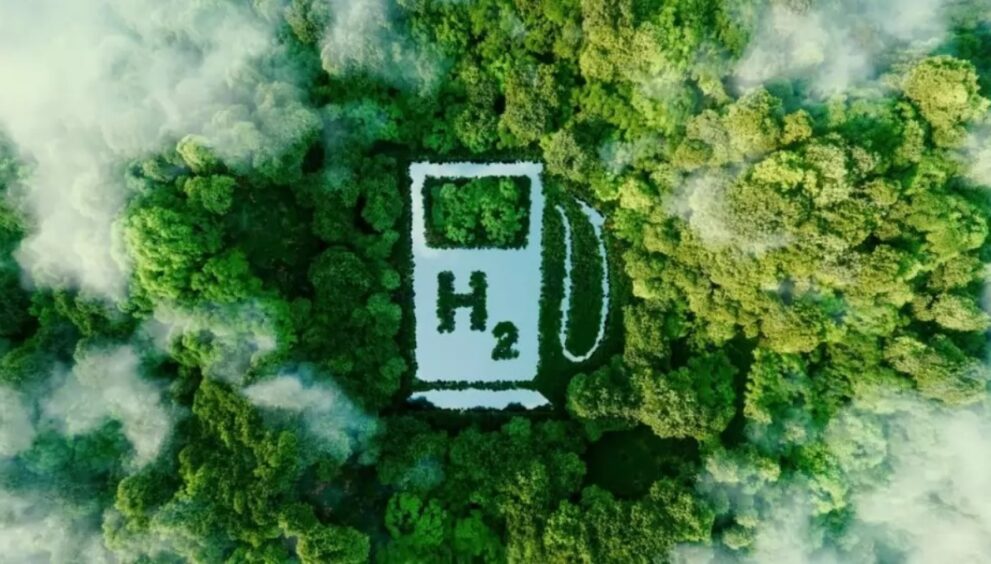Adani Emphasises Green Hydrogen As Crucial For India’s Net-Zero Pathway

Although renewable energy has made significant progress, it relies on specific weather conditions, making green hydrogen a viable alternative to fossil fuels
In a recent blog post for the World Economic Forum on 16 January , billionaire Gautam Adani, head of the Adani Group, underscored the critical role of green hydrogen in India’s journey toward achieving net-zero carbon emissions. Adani highlighted the potential for reducing the current high costs of green hydrogen by adopting a model similar to the successful one employed in the solar power sector.
Emphasising the need for India to transition to renewable energy and green hydrogen, Adani emphasised the importance of these measures for ensuring energy security and improving air quality in urban areas. Green hydrogen, produced through the process of splitting water using renewable electricity, stands out as a carbon emissions-free fuel. Its versatile applications extend to various industries such as steel and oil refineries, as well as its use in automobiles, producing water as a byproduct.
Despite significant progress in renewable energy, its dependency on specific weather conditions makes green hydrogen a promising alternative to fossil fuels. Adani stressed the urgency of reducing renewable energy production costs faster than those of green hydrogen to ensure its viability.
Addressing cost concerns, Adani proposed vertical integration as a means to significantly cut green hydrogen production costs. Recognising the current high cost of green hydrogen, he advocated for its reduction to make it more economically feasible.
Adani called for India to leapfrog to renewables and green hydrogen, steering clear of merely replacing one fossil fuel with another. Drawing a parallel with the remarkable decrease in solar costs, he highlighted the potential for replicating this success in the green hydrogen sector. Adani referenced the significant drop in the cost of electricity generated from solar panels, from Rs 15 per kilowatt-hour in 2011 to Rs 1.99 per unit presently, establishing it as the world’s lowest.











































































































































































































































































































































































































































































































































































